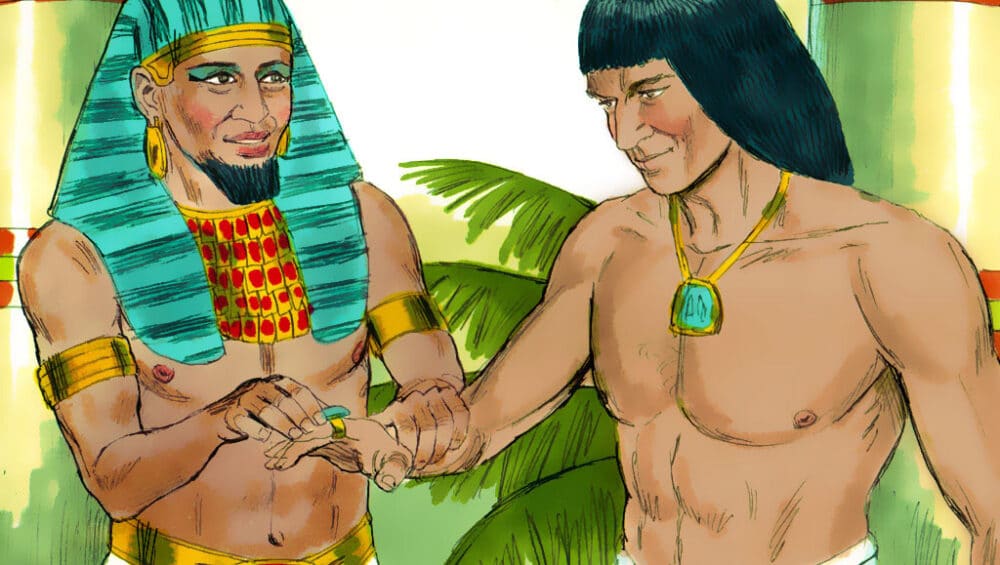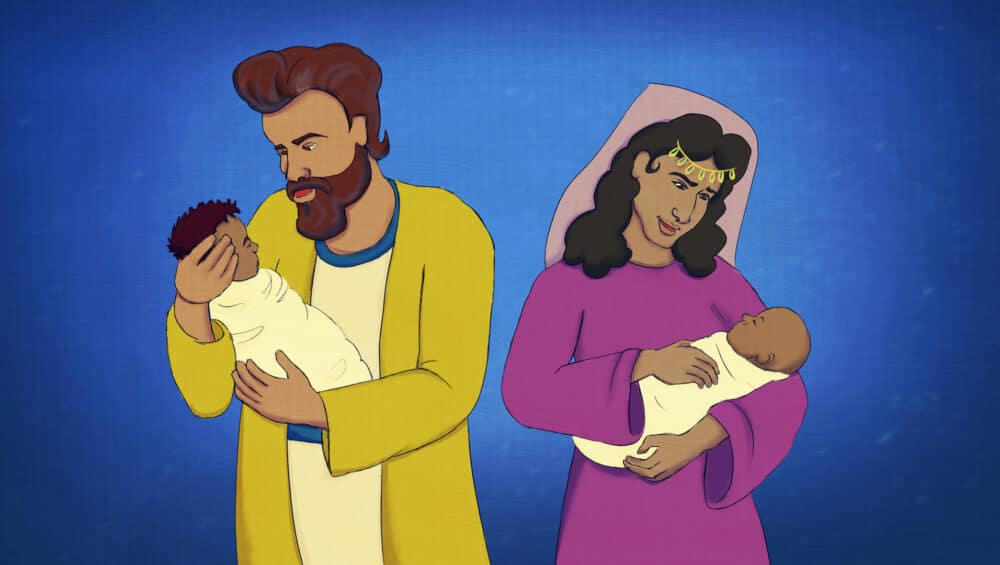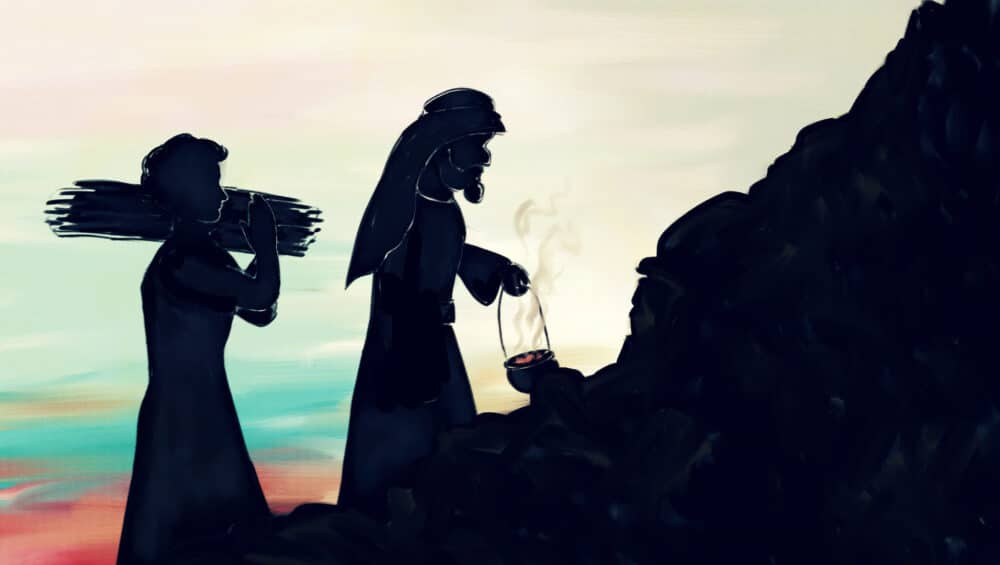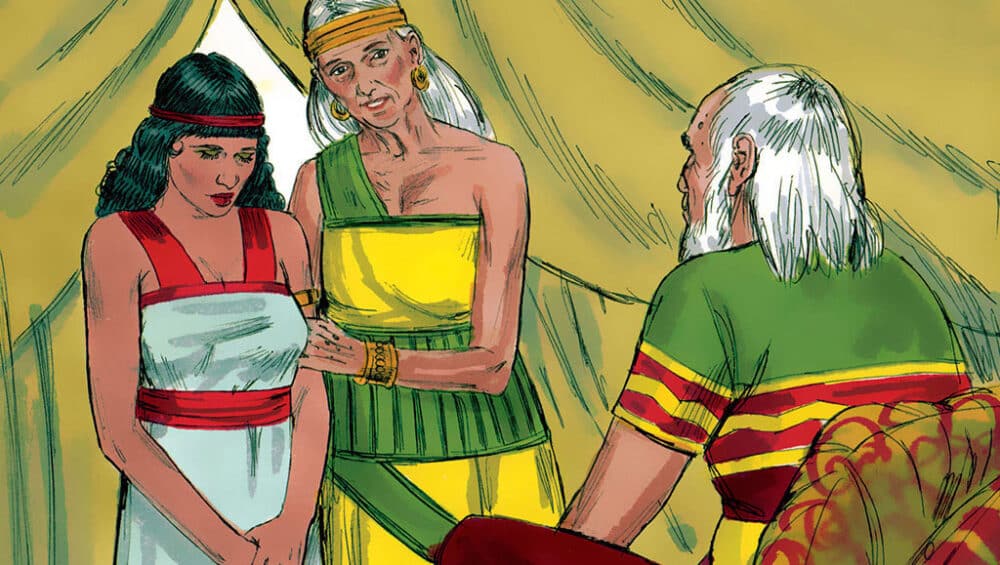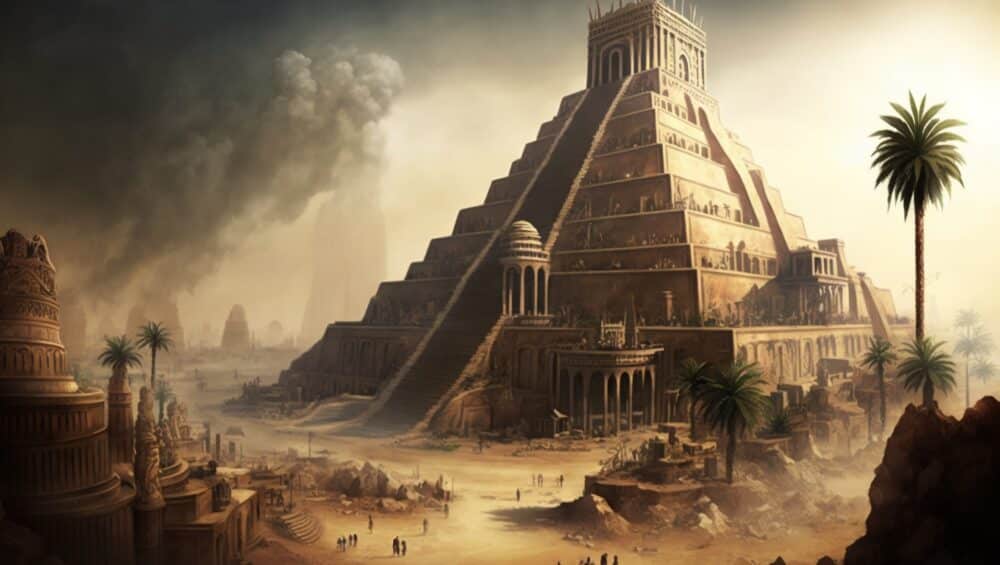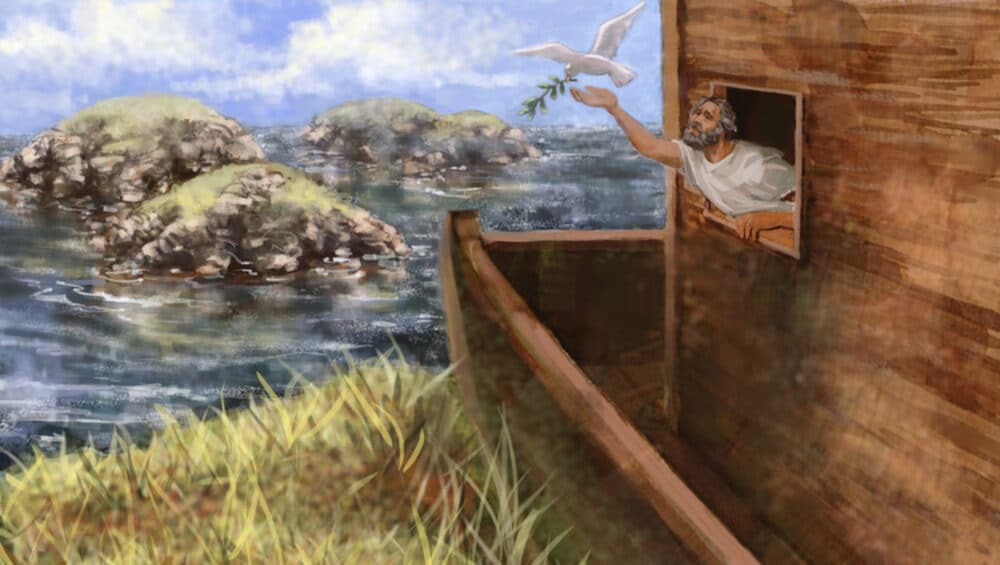Happy New Year and welcome to Livin’ Light’s Bible-In-A-Year challenge of discovering God’s love for us and His purpose for our lives. Here is the format for this great adventure: The daily reading assignment is posted at 5 a.m. After each day’s reading, Leigh An Coplin, the blog host, shares observations and poses questions about difficult passages to Rob Fields, who studied Christian Education at Asbury Seminary and currently teaches Biology in the Orlando area. To start from the beginning, click on 365 Bible Readings and scroll down to Day 1. The reading schedule is taken from The One Year Chronological Bible NLT. Let’s go!
Today’s Reading
— Genesis 1-3
(Before 4000 BC)
Click here for a timeline of the whole Bible.
Questions & Observations
We all have heard the story of creation so many times that you would think it would be an easy read with no questions. But, I find myself pondering the same age-old questions and wanting definite answers or ways of looking at them.
Question. (1:3): How can there be light on Day 1 without the sun, moon and stars in verse 1:14-19?
Answer. Genesis, and the Creation chronicle in particular were not written as science textbooks, and it is unfair to think of them as such. I tend to think of this story as an epic poem that conveys to us numerous spiritual truth, while not necessarily giving us the details of “how” God brought all of it about (aka, I personally do not read Genesis 1-3 literally, though there are plenty of people who do and love Jesus).
With those guideposts in place, it is important to understand what the text is saying: that light itself predates the creation of the source of our light: the sun (and to a lesser extent the moon) and other stars. Genesis was originally written into a world where the sun, moon, and stars (along with countless other entities such as rivers, crops, etc.) were worshipped as gods (we call this polytheism). What the Jewish authors of this passage (whoever they were) set out to say is that polytheism is wrong: there is only one God who rules over all things, including these objects that you worship like the moon and sun. We can actually see some holdover here from the original thinking of the writers: the words “sun” and “moon” do not appear in the text (see 1:16), but instead are referred to as the greater and lesser lights. Why is this? Because the writer is pointing to the inferiority of these objects to the one true God. He’s saying: the very light you worship does not come from sun and moon, but from the God who predates them all.
Observation. (1:11): In Genesis, we already see how tightly God weaves the world. He made so many likenesses and connections between different things he created. Two points: 1) Like plants having seeds to make more of their kind, God gave this same ability to humans, making families. 2) All of creation is so interconnected that it helps us to understand other creations and we must respect and rely on them to survive.
O. (1:16): I am amazed that the vast universe and all of it’s huge lights were created to give light to little-bitty Earth.
O. (1:18): Stars are something so vital to a culture such as the ancient Polynesians for navigation, yet they did not know God.
O. (1:20): The eccentricity of some of God’s creations, like fish in the deep sea having their own lantern or birds who do a spectacular mating dance demonstrate God’s boundless creativity.
Q. (1:25): What is the explanation for dinosaurs? Genesis doesn’t talk about them that I can tell. Aren’t dinosaurs dated before Adam and Eve? What is the real time line here?
A. This part of Genesis is, in my mind, undateable, and if we interpret the story in the non-textbook way that I described above, we find it to be a difficult thing to do indeed. There are no direct references to dinosaurs in the Bible (though there are hints and various ways of interpreting certain passages in the book of Job), but this does not in my mind mean that the Bible is telling us dinosaurs did not exist. If you desire, you can interpret the creation of land animals (earlier in day 6) as occurring (properly) before the creation of human beings. Honestly, that’s about as far as I feel the text can get you. It has bigger “fish to fry” if you will.
O. (1:26): The verse says, “Then God said, “Let us make human beings in our image, to be like us.” God includes Jesus in this passage. I didn’t realize until I became an adult Christian that Jesus was with God from the beginning.
Q. (1:27): If God made us in his image, then why are we full of sin?
A. Actually, I think that Genesis 3 answers that question quite well: because we misused the gifts and blessings that God has given us, including the gift of intellect and free choice. As a free will person, most of my understanding about God’s love and our sin is that in order for us to truly express love for our Creator, we must have the option of saying no to Him. Real love always involves a choice. But given that choice, we have the option to go our own way, which is basically how the Bible defines sin — choosing our own path rather than the path of God. The New Testament in particular tells us that we are BOTH loved greatly by God, and that we still bear His image (see for example Matthew 22:15-22), but also that we are corrupted by the power of sin.
Q. (2:1): Is the 7th day really Sunday? Is a creation day 24 hours like today?
A. Jews and Seventh Day Adventists will be happy to tell you that the Sabbath is Saturday, and has been for centuries. Christians began to treat Sunday as a Sabbath after the resurrection of Jesus, which of course happened on a Sunday (what the Gospels call the “first day of the week”)
Q. (2:9): Why were the two special trees even in the Garden of Eden?
A. According to the narrative, we were permitted to eat from any tree we desired, and to me that includes the tree of life, which represents God’s provision for us. The tree of knowledge was, in my mind, the test: it was the place where the desire to follow after God or go our own way was presented. And just as Adam and Eve did, we have all chosen to go our own way.Choose sin quoteChoose sin quote
Q. (2:25): What is the significance of nakedness?
A. If you mean symbolically, I suppose it represents our pre-fall lack of desire to hide ourselves and have any sense of shame. As I understand it, some young children run around naked with no shame to this day.
Q. (3:1): The serpent was Satan, right? Then, what was he doing in the garden?
A. Actually, it’s Revelation 12:9 that comes the closest explicitly telling us that the serpent is Satan, but yup, that’s him. Like the tree itself, in my mind, Satan appears in the garden in order to test the humans, which God permits.
Q. (3:7): So they learned from eating fruit from the tree of the knowledge of good and evil that nakedness is a sin? Why is it shameful?
A. Hum, I think that’s the wrong way to interpret the passage. The nakedness wasn’t the sin: the sin was the disobedience of God’s command. But in committing the sin, and becoming aware of themselves, they discover that they are naked and hide in fear of God. They are ashamed of themselves, again symbolized by the hiding and fear described in the passage. In their innocence, they were naked in front of God and each other for who knows how long and were never ashamed, much like the little kid I talked about earlier. Shame and fear are learned, and taught if you will. To this day, they are not our natural instinct: before we “know better,” we can be naked and unashamed.
Q. (3:14): Was this a curse to Satan or snakes? How does this apply to snakes today?
A. Honestly I have no idea. Sorry! Can’t win ’em all
Q. (3:16): Why does Eve’s sin carry down to all women?
A. Not just all women, but all people (except one). That was the price paid in the fall, according to the narrative. The danger of sin is not just in the moment, but how the sins of fathers and mothers to this day affect the next generation. If you want a real clear example of it, look up statistics on fetal alcohol syndrome or drug addiction: we can clearly see how the actions of the mom directly effect the next generation. This happens outside the womb as well. Children who are abused are more likely to abuse the next generation. Sin has consequences, and sometimes those consequences are frequently “taken out” on the innocent. Unfortunately, that’s the messy life we live in, and the Bible does not shy away from that.
Just as a partial aside, part of what the first 11 chapters of Genesis do is trace the “fall” of humanity over many generations, culminating in the Tower of Babel story, which shows humanity as its worst (for reasons we’ll get into in a few days I guess). So even in these first few chapters of the story, we see the Bible point to the theme of multi generational thinking. So that is definitely something to watch for in future readings, and I will try to point it out as we go along.
Q. (3:19): Some people work, some don’t, like folks who take advantage of government welfare. So, how does this verse apply to those who don’t work but still get food?
A. Once again, we must understand the context of the verse: there were no welfare programs in the ancient world — if you didn’t work, you starved. I would be very hesitant to apply this verse to modern circumstance.
For more insight: https://www.compellingtruth.org/consequences-sin.html
Scripture about sin: https://www.openbible.info/topics/the_consequences_of_sin
Next up: Genesis 4:1-26; Genesis 5:1-32; 1 Chronicles 1:1-4; Genesis 6:1-22

